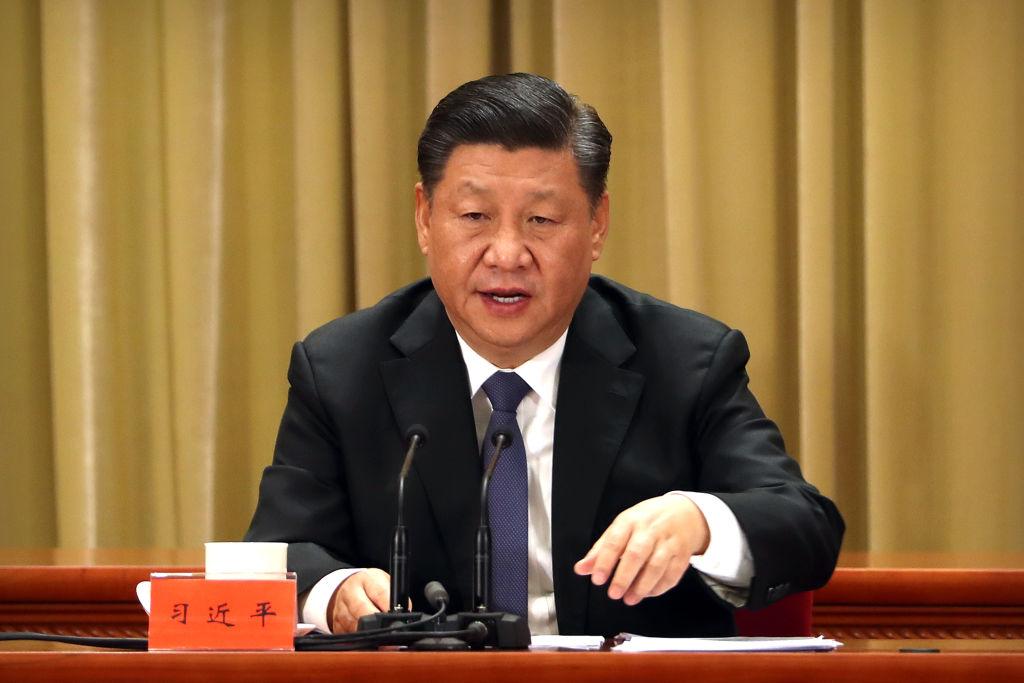News Analysis
China’s current economy is far removed from the powerhouse status that saw double-digit growth before to 2013. Even worse, the country is mired in a myriad of problems beyond economic challenges.


China’s current economy is far removed from the powerhouse status that saw double-digit growth before to 2013. Even worse, the country is mired in a myriad of problems beyond economic challenges.